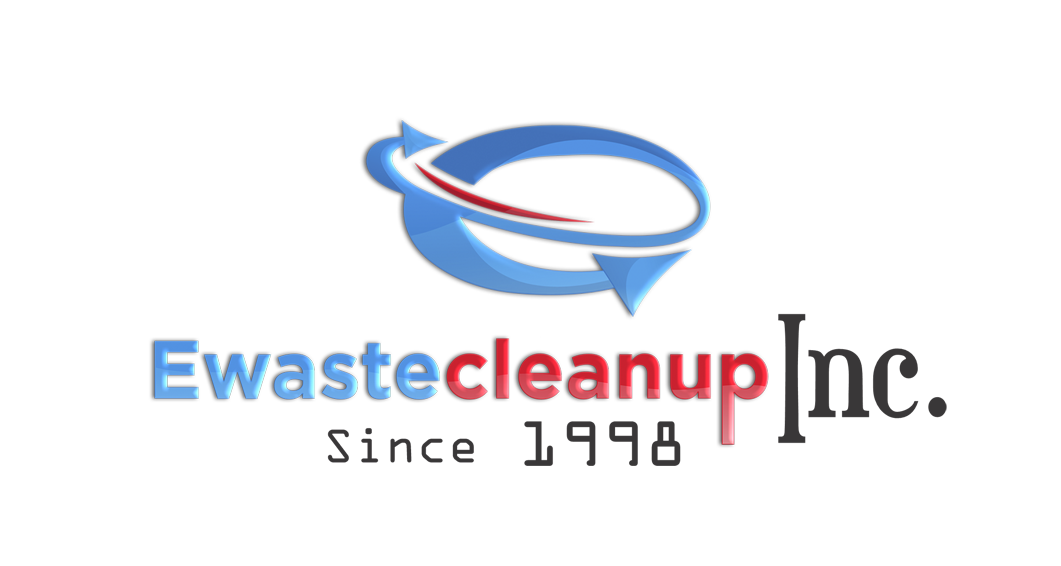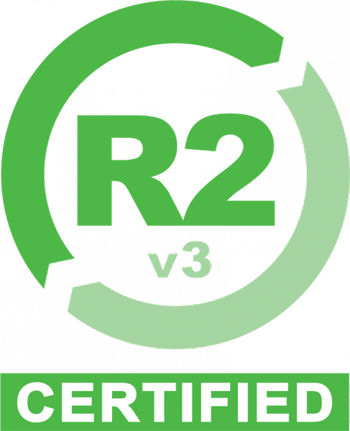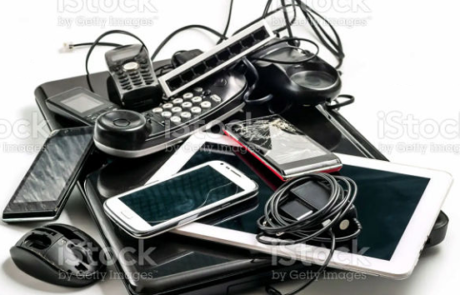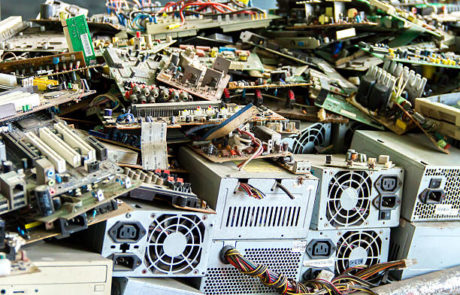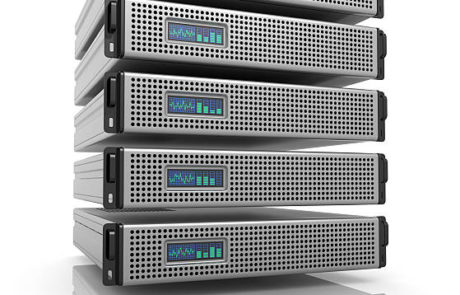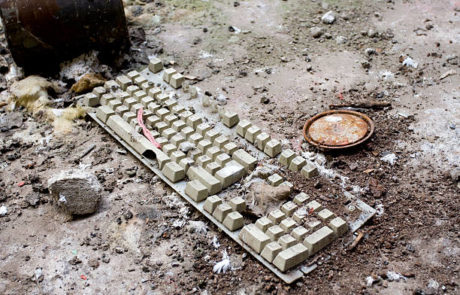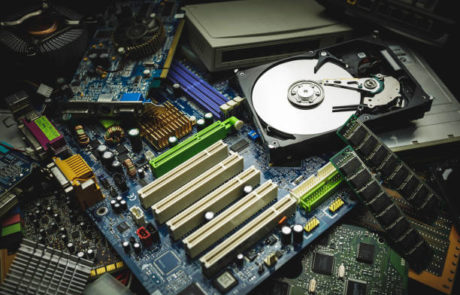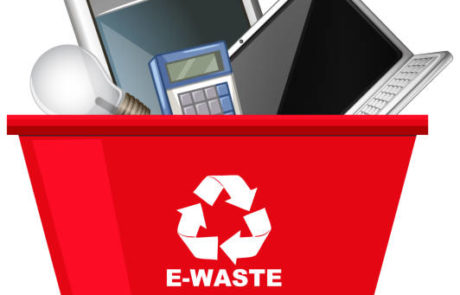The Importance of R2 Certification for Responsible Recycling
At EwasteCleanup, we are committed to environmental sustainability and ethical electronics recycling. That’s why we are proud to announce our R2 Certification V3, a globally recognized standard for responsible recycling, which highlights our dedication to proper e-waste management and secure data destruction.
What is the R2 Certification?
The R2 (Responsible Recycling) Certification, administered by Sustainable Electronics Recycling International (SERI), sets the highest standards for businesses involved in the recycling, refurbishing, and repurposing of electronic equipment. This certification ensures that:
- Environmental Impact is Minimized: Electronic waste is processed and disposed of with the least possible harm to the environment.
- Data Security is Guaranteed: Certified facilities must follow strict protocols to securely destroy any sensitive data on recycled devices.
- Safe Working Conditions are Maintained: The certification prioritizes the health and safety of workers in the recycling industry.
- Ethical Sourcing is Followed: All materials are handled in compliance with local and international laws to avoid harmful practices.
Why R2 Certification Matters
With the growing volume of e-waste produced globally, improper disposal can lead to significant environmental and health risks. The R2 Certification ensures that electronic devices are recycled responsibly, reducing the impact on our planet and conserving valuable resources.
At Ewastecleanup, our R2 Certification demonstrates our commitment to protecting the environment, safeguarding your data, and ensuring ethical practices throughout the recycling process.
How It Benefits Our Customers
By partnering with an R2-certified recycler like Ewastecleanup, you can be confident that your electronics are being handled in the most responsible way possible. From secure data destruction to eco-friendly disposal, the R2 standard guarantees that your e-waste is managed according to the highest standards.
Together, we can make a difference by reducing electronic waste, protecting the environment, and promoting sustainability for future generations.
Electronics Reuse & Recycling Standard V3 (R2V3)
What is an R2 Certification and what does it entail?
During the last decade, Sustainable Electronics Recycling International (SERI) has developed Responsible Recycling as a standard for the electronics recycling industry. SERI, an ANSI-accredited standards development organization, has developed the R2 Standard: Responsible Recycling Practices for Use in Accredited Certification Programs.
As part of the development of this standard, a number of stakeholders participated, including the U.S. Environmental Protection Agency, which conducted a study of the implementation of the R2 standard, state regulators, electronics recyclers, refurbishers, OEMs, and users of electronics recycling services, as well as non-governmental organizations.
As part of the development of this standard, a number of stakeholders participated, including the U.S. Environmental Protection Agency, which conducted a study of the implementation of the R2 standard, state regulators, electronics recyclers, refurbishers, OEMs, and users of electronics recycling services, as well as non-governmental organizations.
ANAB accredited the standards in 2008, resulting in the release of R2. In addition to being international, R2 Certification is also available in five languages, and the current standard is R2:2013, which has been approved by the ANAB. We are currently reviewing the standard and expect it to be reissued within the next year with new updates.
.
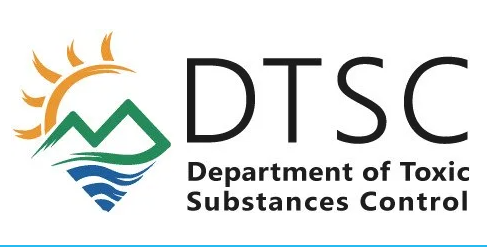
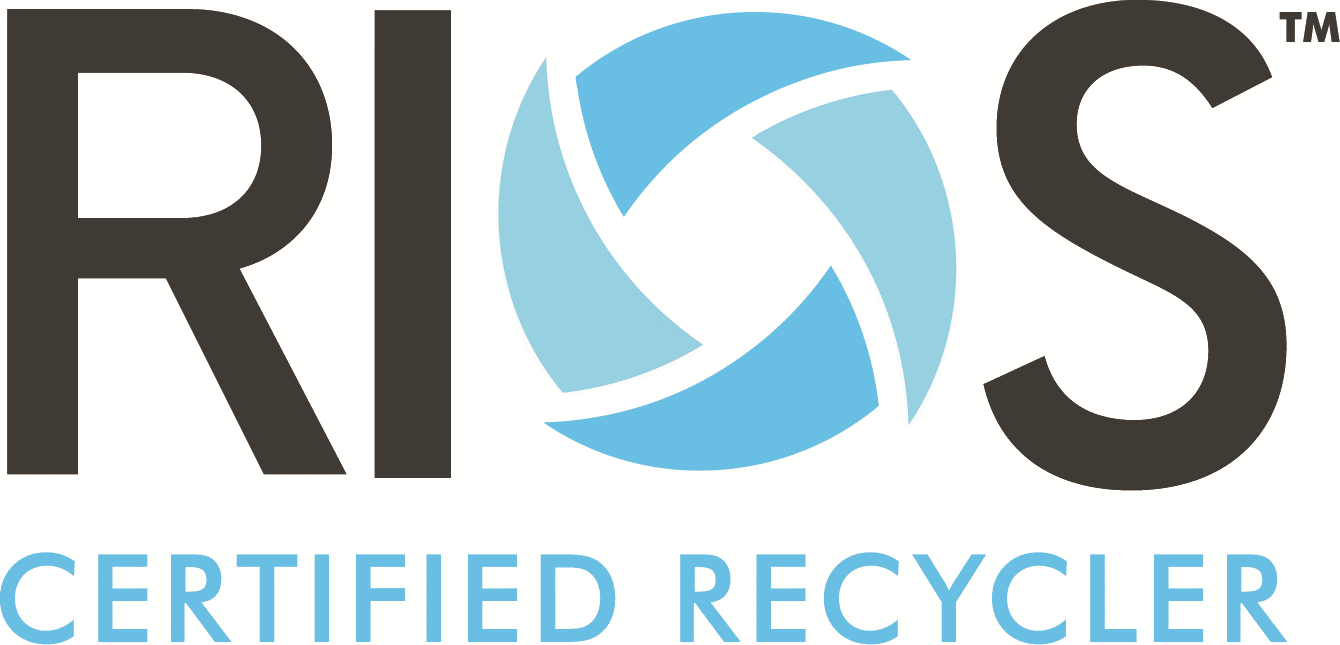
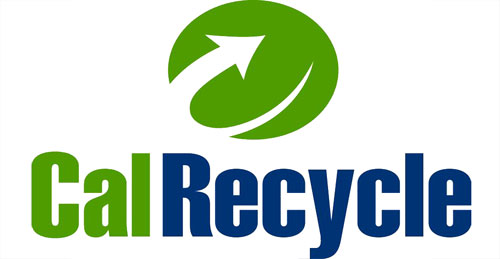
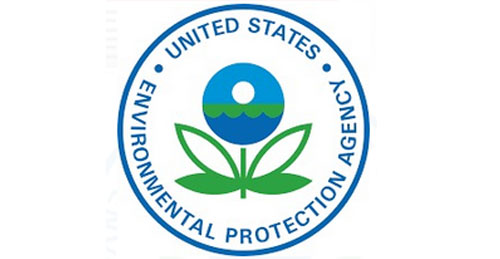
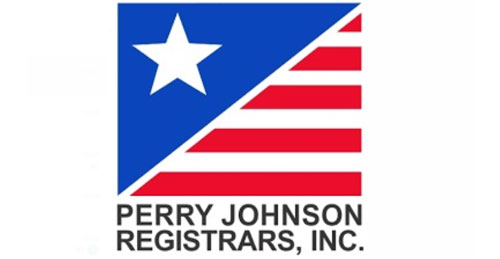
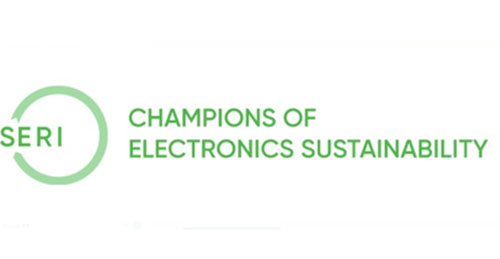
Provisions included in the R2 Certification
It is a requirement that all R2 Certified recyclers must have a management system that complies with environmental, health and safety regulations, such as ISO or RIOS.
A written policy must be in place by R2 certified recyclers pledging to prioritize the use and recovery of material before considering less desirable solutions such as incineration and landfilling, which are only permitted “when there is no viable way to reuse or recycle materials.”
The third element relates to legal requirements
The fourth component is on-site environmental, health, and safety management
There are several requirements for qualifying downstream vendors under Article 5 – Focus Materials
The sixth principle of R2 Certification is to emphasize the quality of repair and reuse in the operations of R2 Certified recyclers. SERI shares this belief and expects R2 Certified recyclers to pay attention to the quality of repair and reuse in their operations.
The seventh step is to track throughput
The eighth provision provides guidance on the types of data-bearing devices and best practices for ensuring that they are data-free through destruction and sanitization.
The storage of informationThe security aspect of the program
Why Your Business Should Partner with a Certified Recycler
You can greatly reduce your liability and risk to your business, data, and brand if you choose a R2 Certified electronics facility. Once your business’s electronic equipment has been used, you do not want to worry about where it ends up, or where you should find its value in your inventory. Choosing an R2 Certified recycler will ensure that all of your risks are covered, so you will never be surprised by fines or negative press coverage because your assets have ended up in the wrong hands.
Why Choose Ewaste Cleanup
Ewaste Cleanup understands the complex regulatory environment that modern businesses face and the weight of your liability to these regulations at the same time that you are accountable for your customers, your brand, and your bottom line. Through responsible reuse and recovery, we will provide you with peace of mind by eliminating or mitigating these risks and driving revenue back into your business. Please contact us to discuss the unique risk situations you face and how Ewaste Cleanup can assist.
How Ewaste Cleanup Obtained R2 Certification
In Los Angeles, Ca, Ewaste Cleanup’s facility has been continuously R2 Certified and compliant since 2018. During the certification process, a SERI-approved certifying body conducts a multi-step audit, including site visits, interviews with employees, document review, and opportunities for corrective action to bring an operation into compliance across all aspects.
Each year, R2 Certification is re-audited in full, with interim surveillance audits conducted. It is only possible to claim R2 Certification for electronics recycling and ITAD if the facility conforms to all provisions of the standard, and has completed all required audits and oversight, and has completed all necessary paperwork and payments to SERI. A requirement of R2 practice is that the certificate holder also maintains a certified Environmental Health and Safety program. Ewaste Cleanup’s EHS system is certified by RIOS, a standard created specifically for the recycling industry.
Why Does This Certification Set Ewaste Cleanup Apart?
R2 Certification is one of the earliest certification programs undertaken by EwasteCleanup. Among the ten provisions covered by R2, we believe the provisions that hold us accountable for ensuring total data destruction or sanitization, prioritizing reuse and recovery, and vetting our downstream vendors make the greatest difference to our clients.
A number of those bad-actor electronics recyclers were in trouble because they preferred quick and easy profits over responsibility and sustainability. They accepted no responsibility for their clients’ data or their downstream vendors, and they did not wish to take on the burden of refurbishing and remarketing equipment that was still valuable and useful. In order to send computers away from sight and out of mind, anyone may fill a shipping container with computers. By obtaining and maintaining R2 Certification, a recycler or ITAD provider has demonstrated that they are committed to clients and take their responsibilities seriously, as well as seeing the bigger picture of electronics recycling and IT security. In addition to being expensive and time-consuming, R2 certification is difficult to achieve. A recycler or ITAD provider who offers to take your assets for free or to pay you for them, without any questions asked or with no paper trail to follow, is unlikely to have taken the time and effort to become certified. In case you are suspicious, always request proof of certification.
What Other Certifications Should My ITAD Partner Have?
e-Stewards, created in 2006 by the Basel Action Network, is another leading certification in the electronics recycling arena. It has some additional stipulations applicable to international recyclers which are similar to those in R2. EPA does not compare or draw conclusions about the implementation of either standard, but both R2 and e-Stewards certifications are valid and robust accreditations, and your electronics recycler should ideally carry at least one of them.
